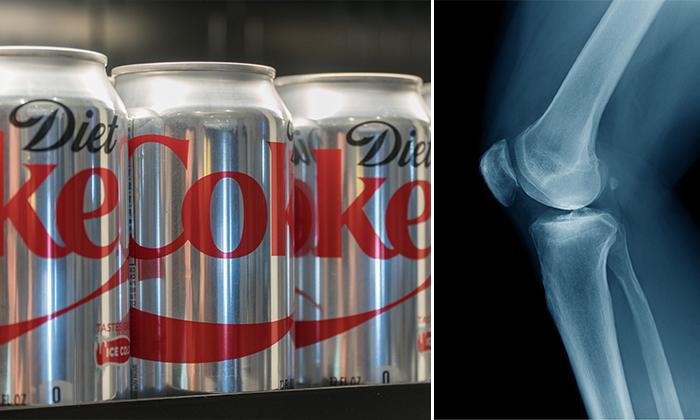Diet soda is a mainstay in millions of American’s drinking habits. According to a Gallup poll, the artificially-sweetened beverage is widely consumed among certain demographics of Americans, with an estimated 24 percent choosing diet sodas over regular soda as their preference. One in five Americans drink 1 diet soda per day, while many women drink in excess of twenty per week, reports Dr. Fuhrman.
While most of us have been made painfully aware of the harmful effects of too much sugar in our diets, particularly in pop, a certain number of us may opt for the no-sugar, diet alternative with the perception that it’s healthier. The assumption is that the fewer calories the better. Unfortunately, it’s not that simple, and contrarily, the effects of artificial sweeteners have been shown to have detrimental effects on health.
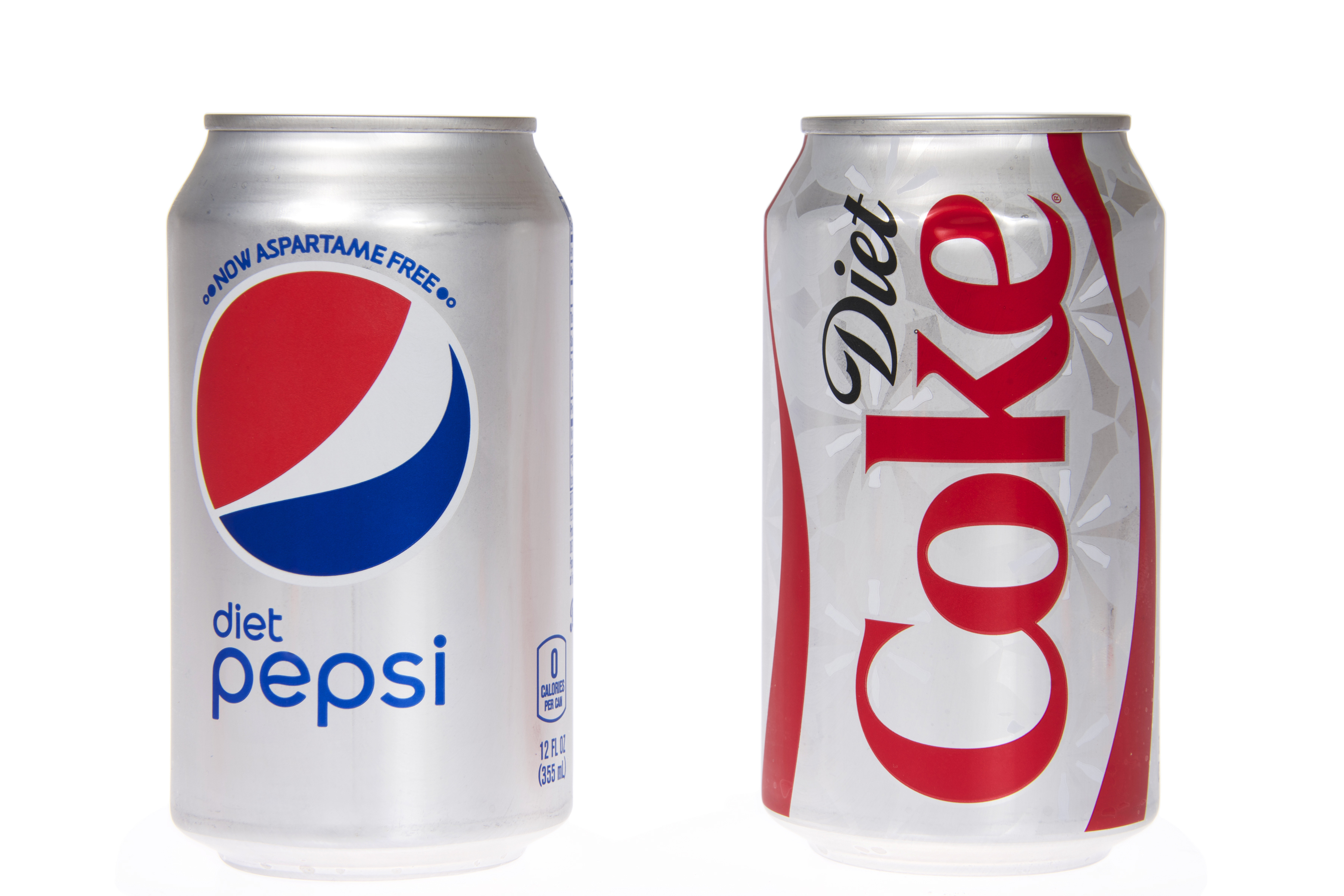
It’s been observed that along with the trend in diet soda consumption come a host of adverse health affects, yet the causes are still not fully known. That’s reason enough to be cautious, though, and the public should be made aware of such potential risks to health—which ties in perfectly with this article where we will outline 6 of the most well-known perils of diet soda:
1. Weight gain
The fact that diet sodas are zero-calorie drinks make them seem like a logical way to satisfy a sweet tooth’s cravings when trying to trim their waistline, yet studies have shown a correlation between the sugar-free sodas and weight gain, particularly over time and in people over 65-years-old.
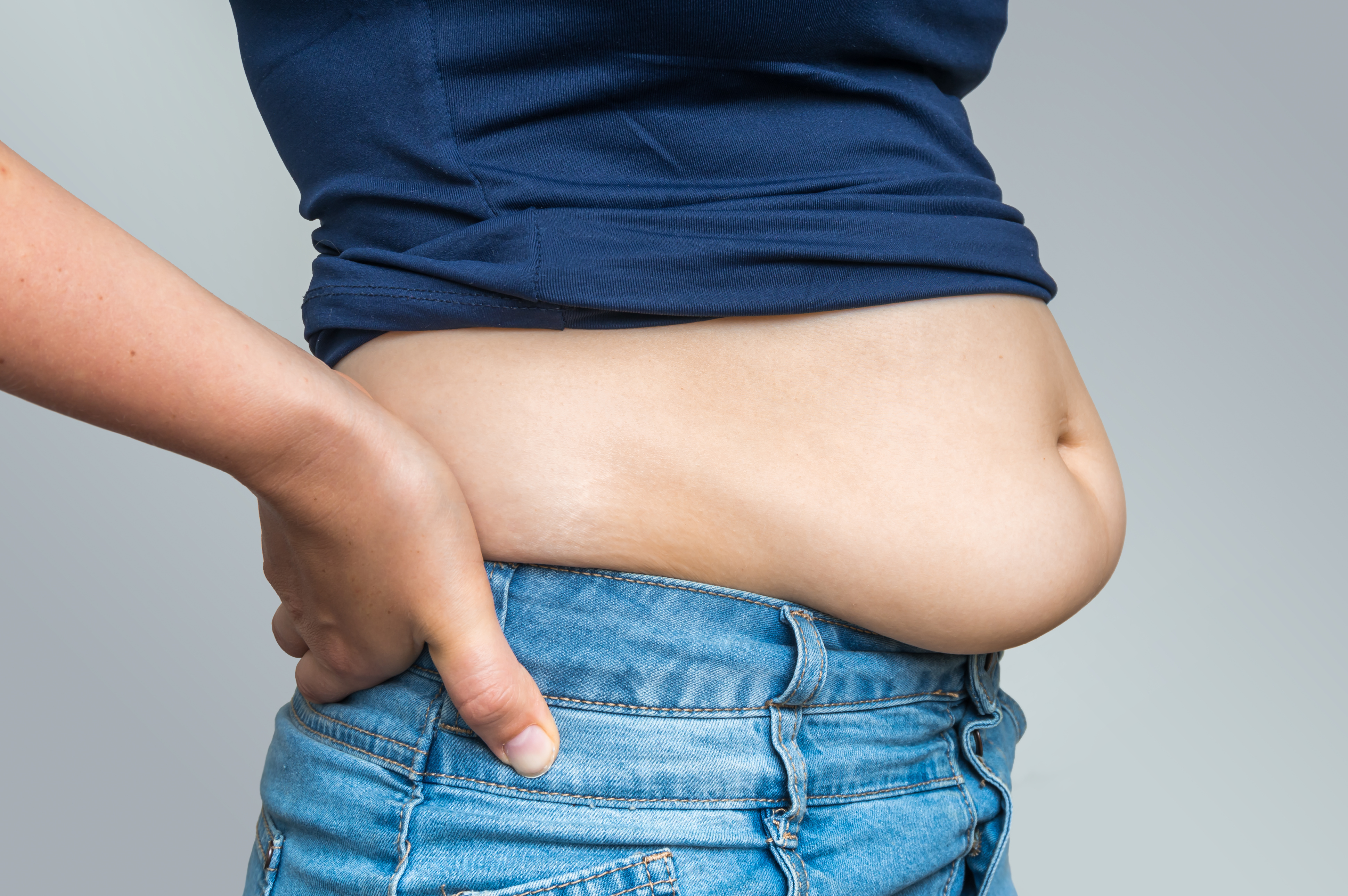
The reasons associated with this increase in weight gain are not fully understood, yet researchers speculate that artificial sweeteners “trick” the brain into thinking it’s consuming sugar, and recomputing its metabolic processes. “Artificial sweeteners trigger insulin, which sends your body into fat storage mode and leads to weight gain,” states Brooke Alpert, RD, via Health.com. University of Texas researchers also found that, over the course of a decade, diet soda drinkers were 70% more likely to report an increase in waist size.
2. Decreased bone density
While studies have shown that drinking regular cola can decrease the mineral density in bones, more recently, diet soda has proven even more detrimental to bone health. Researchers found in a 2014 study that diet soda correlates to concentrations of hormones that break down bone material and increase blood calcium in women. It also found that women who drank diet cola excreted more calcium (correlating with having low bone density) than those who drank regular cola.
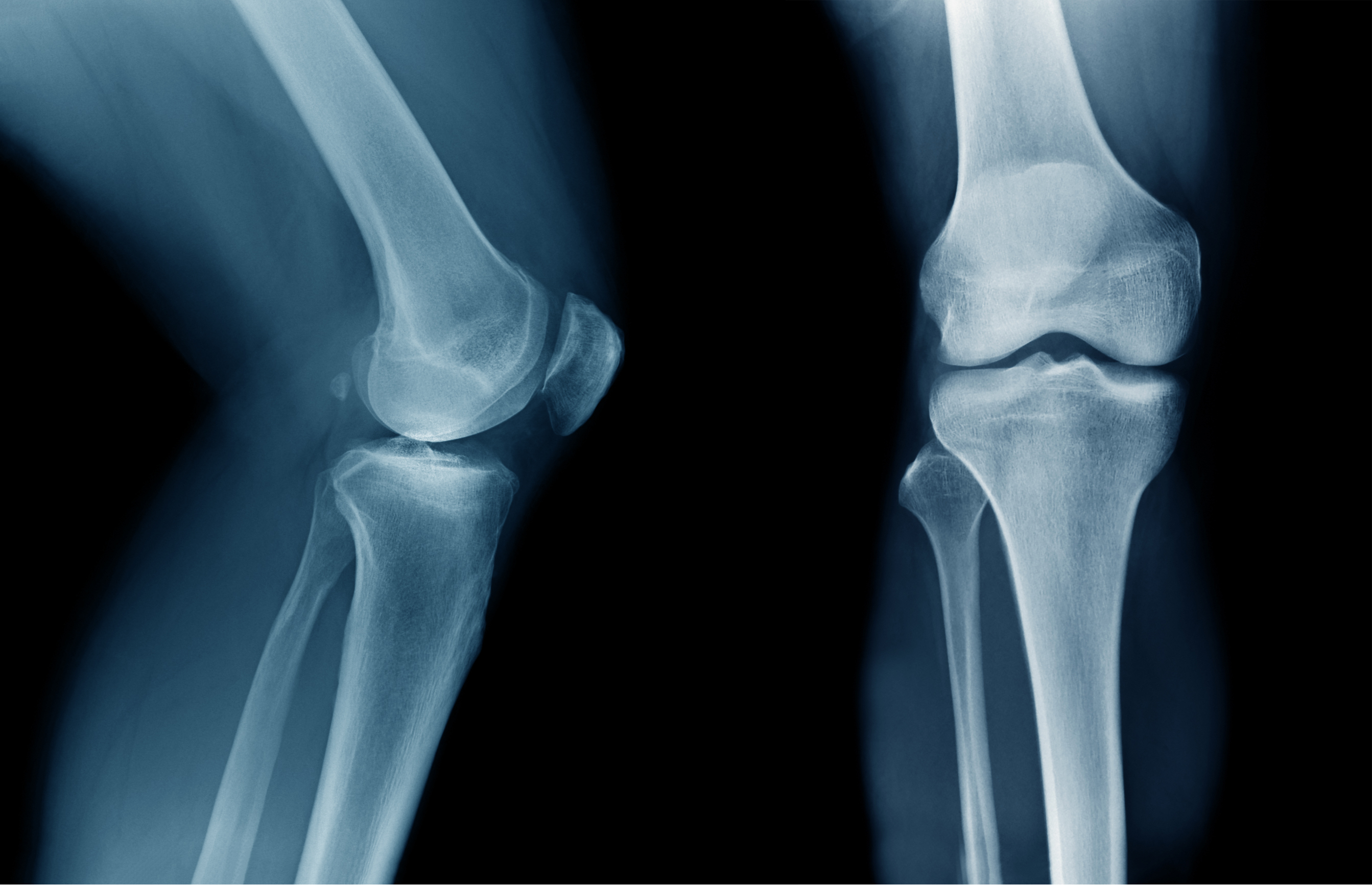
3. Aspartame is associated with migraines
Scientists aren’t exactly sure why aspartame, the sugar substitute used in diet sodas, causes debilitating headaches known as migraines. But evidence from studies shows that those who suffer from migraines are 3 times more likely to report aspartame as the contributing factor than those who suffer from normal headaches.

Moreover, the problem doesn’t always go away as soon as you toss the sodas to the curb. The chemical effects of aspartame in your brain can be long-lasting, triggering migraines even months down the road after you’ve kicked the habit.
4. Tooth decay
Cutting out sugary drinks might seem like a happy orthodontic care solution for those who enjoy pops on a regular basis. Yet, diet sodas and other sugar-free drinks that contain artificial sweeteners are typically highly acidic, which weakens enamel and causes erosion and tooth decay.
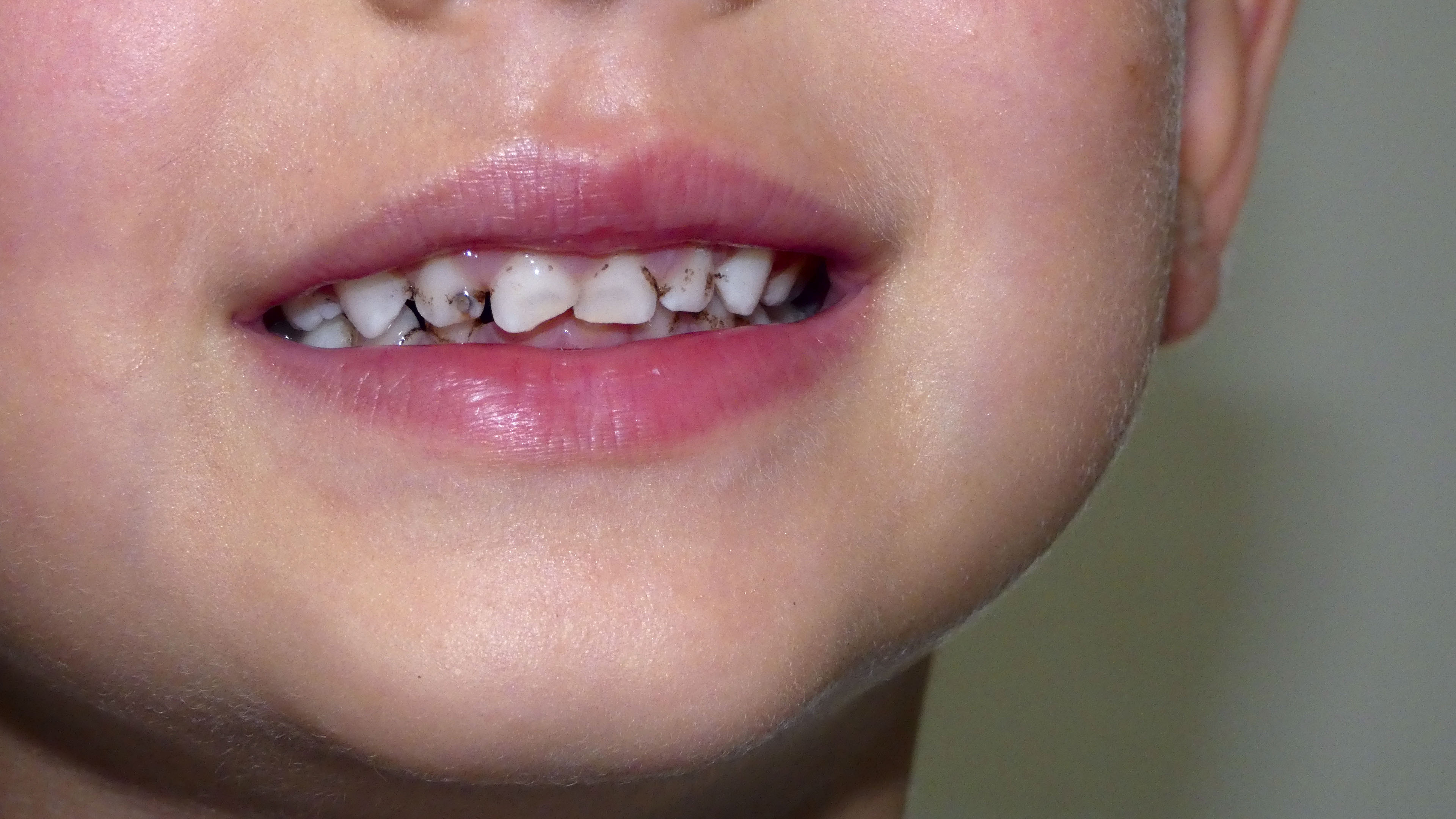
A few ways to avoid the harmful effects diet soda has on your teeth are: to avoid sipping on it all day long; it’s better to drink it all at once, which will allow the mouth’s saliva to neutralize the acidic pH afterward. Also, rinse water over your teeth immediately following drinking, to wash them, and use a straw when drinking to avoid contact with the teeth as much as possible.
Another tip: avoid brushing your teeth 30 minutes to an hour after consumption, as this will not allow enough time for your saliva to neutralize the acidic pH of the drink and will simply scrub it all over the mouth. If all this seems like too much hassle, though, then why not skip out on the diet alternative altogether?
5. Diet sodas are addictive
A study detailing the chemical effects of diet sodas during the first hour after consuming a single can has revealed some scary findings, including the correlation between the ingredients in diet sodas and the addictive effects that they have on your brain.
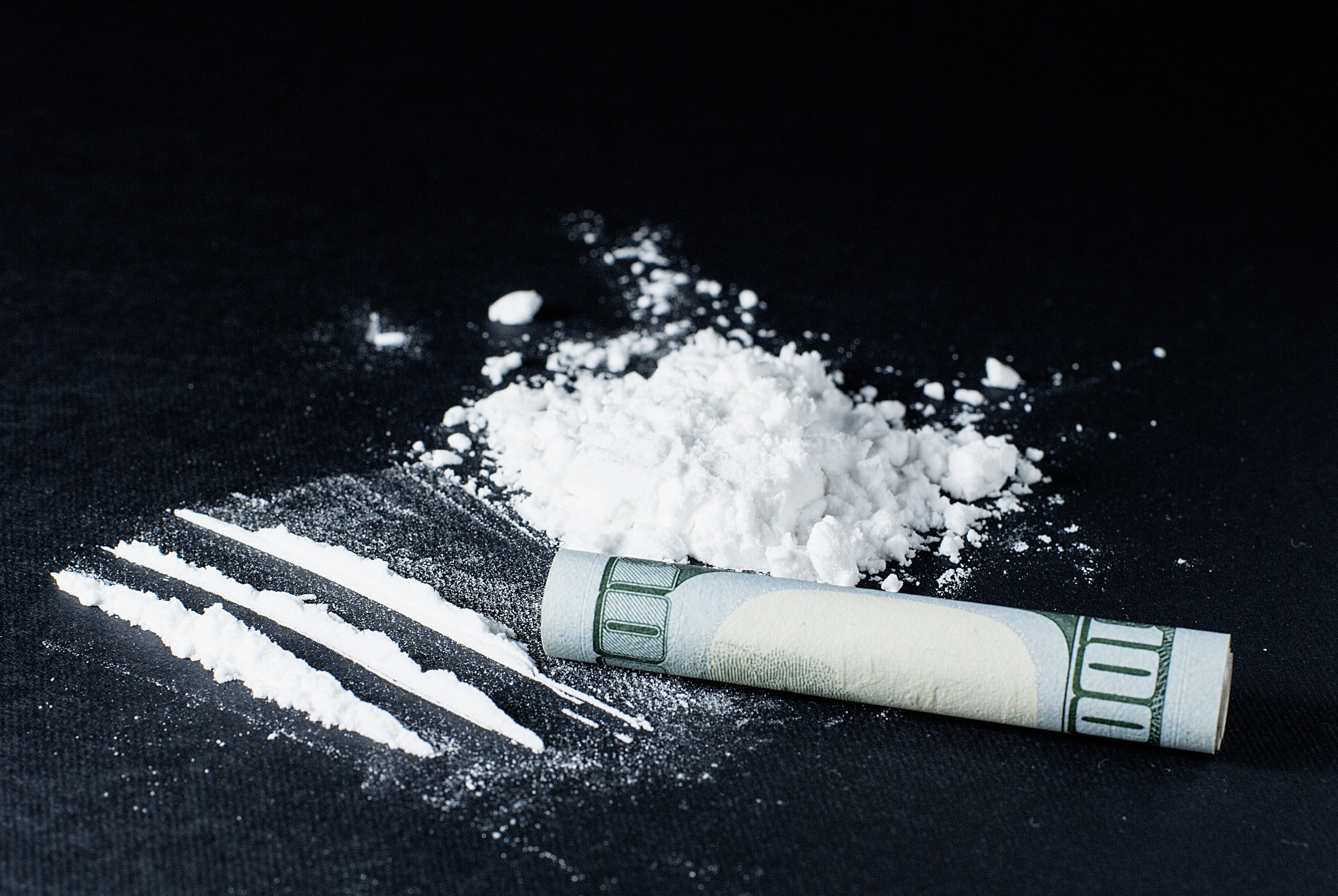
About 40 minutes after consuming a can of diet soda, the combination of caffeine and aspartame triggers the release of certain chemicals in the brain that can overstimulate and exhaust the neuroreceptors that keep your brain functioning—which leads to addictive reactions similar to those in cocaine.
Caffeine alone can cause addiction issues that are tough to kick, but the addition of aspartame can make the body not only crave the caffeine to wake up, but also the sweet-tasting soda as well to satisfy both hunger and thirst cravings. Put plainly, diet soda makes you crave more diet soda, which eventually robs nutritional value from your diet on top of everything else.
6. Type 2 diabetes
There are plenty of factors that can increase an individual’s risk of being diagnosed with type 2 diabetes, and sometimes there’s nothing more at fault than a poor draw in the genetic lottery.
According to Web MD, though, multiple studies conducted in the last decade have shown that daily consumption of diet soda can increase someone’s risk of becoming diabetic by as much as 67%.

The consumption of sugar substitutes can cause the body to have trouble identifying and breaking down sugars, which can cause issues with insulin production and increase the risk of diabetes. There’s also the weight concern; people who are overweight or obese are more likely to be diagnosed with type 2 diabetes, and daily consumption of diet sodas won’t help with that, as has been shown already.
Health strategies to avoid type 2 diabetes, as well as all the aforementioned risks, won’t benefit from drinking diet soda, so skipping it and picking something healthier—like a coffee in the morning or simply a water or tea to hydrate instead—will cause your body to thank you in the long run.
Disclaimer: This article is for informational purposes only and is not a substitute for professional medical advice.
